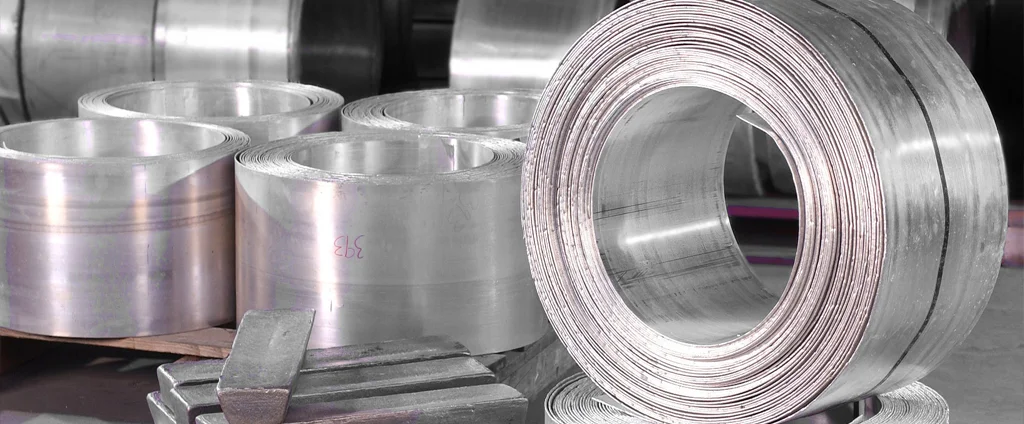Magnesium AM100A-T6 (UNS M10100)

Magnesium AM100A-T6 is a high-strength, lightweight magnesium alloy commonly used in structural castings. Known for its excellent castability, good weldability, and corrosion resistance, it is ideal for aerospace, defense, and transportation components requiring high performance and reduced weight.
| Chemical Composition | ||
|---|---|---|
| Element | Min | Max |
| Magnesium | —— | Remainder |
| Aluminum | 9.3% | 10.7% |
| Copper | —— | 0.10% |
| Manganese | 0.10% | —— |
| Nickel | —— | 0.01% |
| Silicon | —— | 0.30% |
| Zinc | —— | 0.30% |
The following table provides a list of magnesium AM100A-T6 properties in both SI and US customary/Imperial units.
Click on the button to switch between Metric and Imperial units.
| Physical Properties | Metric |
|---|---|
| Density | 1830 kg/m3 |
| Mechanical Properties | Metric |
| Tensile Strength (Ultimate) | 275 MPa |
| Tensile Strength (Yield) | 110 MPa |
| Fatigue Strength # of Cycles 1.0e+8 | 62 MPa |
| Young’s Modulus (E) | 45 GPa |
| Shear Modulus (G) | 17 GPa |
| Elongation at Break in 50 mm | 4% |
| Poisson’s Ratio (ν) | 0.35 |
| Brinell Hardness 500 kg load, 10 mm ball | 69 |
| Knoop Hardness Converted from Brinell | 92 |
| Vickers Hardness Converted from Brinell | 79 |
| Machinability | 100% |
| Thermal Properties | Metric |
| Melting Point Incipient Melting | ≥ 430 °C |
| Solidus | 463 °C |
| Liquidus | 595 °C |
| Thermal Conductivity | 73 W/m·K |
| Specific Heat Capacity (Cp) | 1050 J/kg·K |
| Coefficient of Thermal Expansion (αL) | 25.0 1/°C |
| Heat of Fusion | 372 J/g |
| Electrical Properties | Metric |
| Electrical Resistivity | 1.50×10-5 Ω·cm |
The values in this table are approximate and can vary depending on various factors such as the specific manufacturing process and heat treatment applied to the alloy.
Advantages & Disadvantages of Magnesium AM100A-T6
| Advantages | Disadvantages |
|---|---|
| Strong | Corrosion-prone |
| Lightweight | Low melting point |
| Easy to weld | High cost |
Applications of Magnesium AM100A-T6
Magnesium AM100A-T6 is valued for its strength, low weight, and versatility in demanding environments. Typical applications include:
- Pressure tight sand and permanent mold structural castings: A good choice for applications where strength, lightness, and weldability are important. Often used in the construction of aircraft, ships, and other vehicles.
- Investment castings: Easily cast and capable of forming complex shapes. Commonly used in the production of jewelry, medical devices, and other precision parts.
- Machinery: Suitable for applications where weight is a concern. Frequently used in the construction of machine tools, robots, and other industrial equipment.
- Sports equipment: A strong and lightweight material often found in the construction of sporting goods, such as bicycles, skis, and golf clubs.
- Transportation: Used in weight-sensitive components for cars, buses, and trains to improve efficiency and performance.
